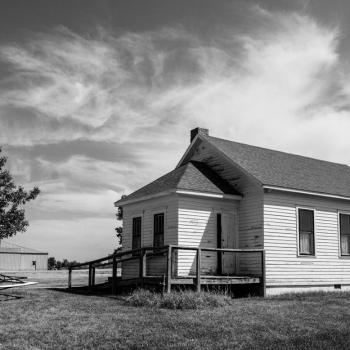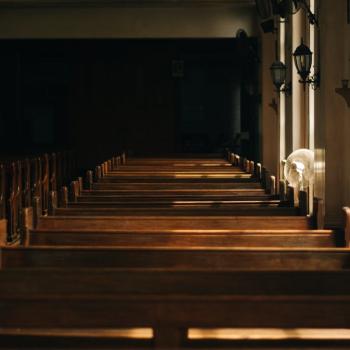
“Religion is the opiate of the masses.” Karl Marx
Recently, we interviewed Cindy Wang Brandt on our podcast, The Desert Sanctuary. Don’t blame her for anything I say, but her suggestion inspired this thought process. She stressed that everyone should take a gap year off from church. Although I agree with this now, I could not have imagined that for the past 25 years. This got me to thinking about why I had never imagined this before. I had a hard time even taking a week off or not going to church on vacation when I was a pastor.
Could it be that I was addicted to religion and/or church?
Some of our ministry to smaller churches brought us into contact with addicts and former addicts. I noticed that those who were able to leave their addictions often developed addictions in other areas of their life. I am now considering the idea that maybe most of us at least have a low-grade addiction to several things in our lives. For some of us it is work–for others it is food–still others, it is appreciation and praise of others. Church and religion may not be the “worst” of our addictions, but it still seems like an addiction to me.
I believe church is designed to be addictive. Think about it. At the typical seeker-sensitive church someone greets you at the door, smiles at you, looks you in the eye and shakes your hand. This is terribly effective at making you feel welcome and valuable. You are “ushered” into a comfortable environment where soft music is usually playing. To me, church always smells good as well. I don’t know if it’s true, but it seems that way. I call the service the “show.” I don’t see it as a derogatory term, but it is a show. There are parts to play–it’s rehearsed–and it is orchestrated and designed to elicit a response. The sermon is prepared and usually involves a problem that is resolved in about 25 minutes.
The typical service at a typical church is ordered, pleasant, sometimes exciting, often moving and usually elicits some type of positive feeling. Many times, there is some positive change to our attitude and the way we approach life. But anything that alters our mood can also become addictive. It is not wrong that we get excited, or cry or even become sad. But it is problematic when the feelings and emotions don’t last and we have to return week-after-week to recharge. Often, religious people try to satisfy their addiction with doing more or obsessing over trying to do it better.
Religious addicts are pre-occupied with their rituals and their mood alters when they behave religiously. Dale S. Ryan and Jeff VanVonderen talk about religious addiction in their article, “When Religion Goes Bad.” Usually on Monday, when our mood alters downward, we become preoccupied with the thing that made us feel good. We go through ritualization or “pre-using” until we get the chance to do it again. When I was a preacher, church members repeatedly thanked me for giving them their fix. They often said, “I needed this” and complained of how that feeling most often didn’t last past their first day back to work. I would say that most of us who are religious are addicts to one degree or another. Ryan and VanVonderen say, “Anything that alters our mood can become addictive.”
“Hi, I’m Karl and I’m a churchaholic”
I have said to multiple people, “I really, really miss preaching.” I could give you lots of reasons for this, but the biggest reason is because it is a rush. Writing, to some degree, has elements of the same “fix.” When the thoughts come together and then when people respond, there is a rush of positive feeling that subsides when enough people criticize the work or even just when a little time passes–thus the addiction. I need to write something or preach or something–I need a fix!
I am not trying to convince people to stop going to church or stop writing or preaching or anything like that. Human beings have been finding ways to do religion since–well, since forever. We don’t need to eliminate sugary sweet food from the world–we just can’t get our sustenance from it–if we do, we’re going to become addicts. Instead, we need to find something deeper, something less mood altering and something more heart-nurturing.
I talked to a couple of other people recently–a couple of contemplatives. When they talked about their practices, they talked about them like the practices sustained them. They loved their practices, but they do not seem to be addicted to them. Instead, they even talked about setting practices aside for a time to try a new practice or even just to take some time off. There was less of a roller coaster and more of a peaceful journey.
These days I love less an emotional church service that fires me up! I prefer a practice that touches my heart and truly sustains me.
My son was a pastor’s kid most of his life. Much of his childhood was spent in the sound booth. He was my sound guy for many years. When he wrote a chapter in my book, he talked about some of the ridiculous things he saw in church. To be fair, he also talked about the things he didn’t like at school. He was probably the first in our family to call the church service “the show.” This kind of broke my heart, but I am actually glad he didn’t become addicted to religion or church. Instead, he found some good practices and developed into a tremendous human being.
I pray that you never become addicted to anything–not food, not work and not religion. What I pray for you is that you find the right practices that will sustain you.














